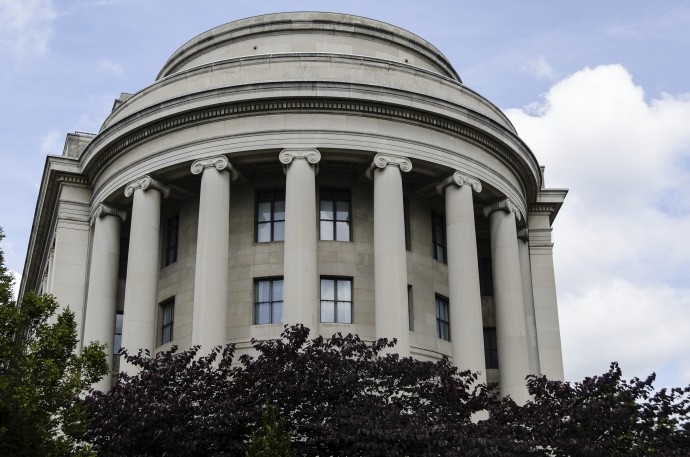
Client Alert | Aug 2024
FTC Non-Compete Rule Struck Down Nationwide
A federal judge’s decision means the rule will not go into effect on September 4, 2024. Here’s what that means for companies today, and possible next steps.
On August 20, 2024, a federal district court judge in Texas blocked the Federal Trade Commission’s (FTC) rule banning non-competes nationwide, marking an end—for now—to a contentious battle between the agency and the federal courts. As a result of the Texas judge’s ruling, the FTC’s broad anti-non-compete rule will not go into effect on September 4, 2024, and companies will not be required to send out any notices to employees regarding their non-compete agreements, nor will companies be required to restructure and/or revisit restrictive covenants that would have been banned by the FTC’s rule.
We have previously detailed the background and provisions of the FTC rule that was proposed and released earlier this year. Almost immediately after the FTC rule was published, numerous federal lawsuits were filed. As discussed in our most recent client alert, over the past few months there has been a split in the federal courts as to whether the rule could be enforced, with both a Texas federal court (in Ryan LLC v. Federal Trade Commission) and more recently a Florida federal court (in Properties of the Villages, Inc. v. Federal Trade Commission) ruling that that the FTC rule was invalid as to the plaintiffs in the case. Meanwhile a Pennsylvania federal court (in ATS Tree Services, LLC v. Federal Trade Commission) ruled in favor of the FTC.
The Texas court’s Ryan case initially enjoined the non-compete rule only as to the plaintiffs, and deferred ruling on nationwide applicability until its final ruling was released on August 20, 2024. In the final ruling, the court struck the FTC rule nationwide, largely focusing on the same rationale that it used in its earlier decision:
- The FTC lacks statutory authority to enact the rule under the FTC Act of 1914, which was only intended to be a “housekeeping statute” that does not grant “substantive rulemaking power”; and
- The final rule was arbitrary and capricious under the Administrative Procedure Act because it is “unreasonably overbroad without a reasonable explanation” and “imposes a one-size-fits-all approach with no end date.”
Takeaways and Next Steps
The September 4, 2024 deadline will no longer require companies to send out notices and otherwise comply with a federal non-compete ban. However, it is likely that the FTC will appeal the decision which could eventually make its way to the Supreme Court, thus possibly merely punting the rule (or possibly a narrower version of the rule) to sometime in the future.
While that process may take time, companies should keep in mind that the Texas ruling did not impact existing state non-compete laws, and there is a possibility that states without restrictions may now mirror language from the paused FTC rule. As such, the exercise undertaken by many of our clients to inventory their non-competes was not taken in vain—it served to create a structured inventory of company protections both in terms of employee and intellectual property, and possible alternatives, including non-disclosure agreements, invention protection, non-solicitation agreements, training repayment programs, garden leaves, and restrictions entered into in connection with sales of businesses. For companies that did not undertake that exercise, it is still advisable to do so.

